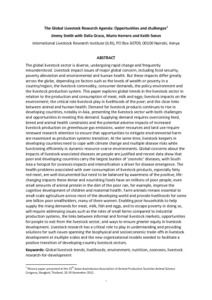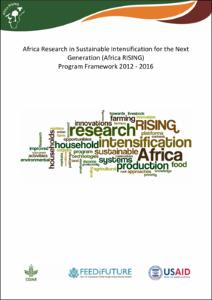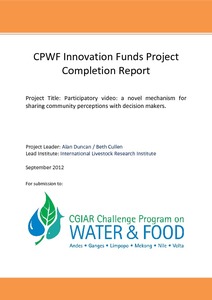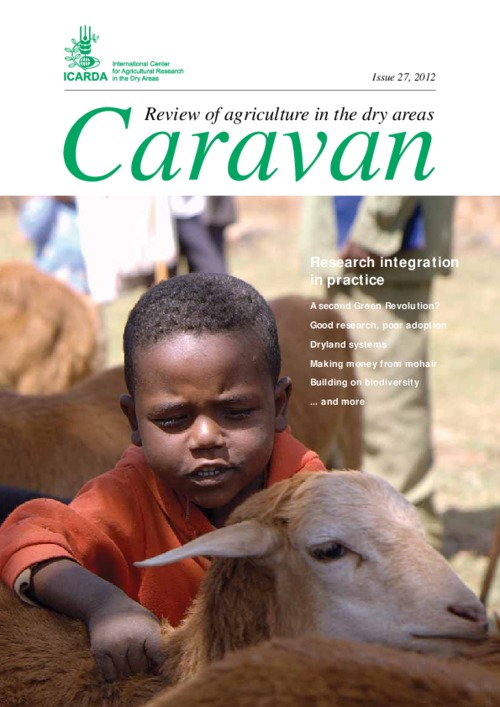Comparing Two Methods of Soil Data Interpretation to Improve the Reliability of Land Suitability Evaluation
Sustainable management of limited land and water resources is urgently needed to meet the increasing demand for food and to protect the environment. Land suitability analysis is a prerequisite in assessing and proposing sustainable land use alternatives for an area. Soil data are usually available at different levels of detail and stored in various forms, usually soil maps and/or soil observations. Soil data interpretation methods control the reliability of land suitability evaluation results.










